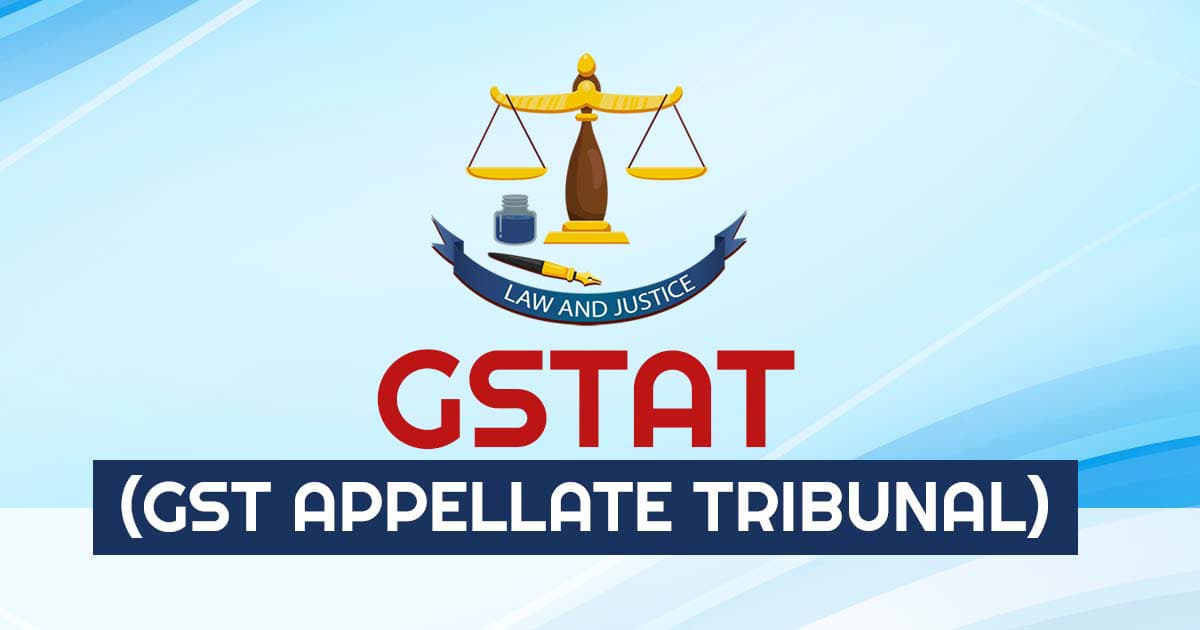
Centre Notifies GSTAT Rules: Mandatory E-Filing and Hybrid Hearings Introduced
By Author | April 27, 2025
GST Appellate Tribunals (GSTAT) | GST Recent News
Mandatory E-Filing and Hybrid Hearings for GST Appeals
To operationalise the Goods and Services Tax Appellate Tribunal (GSTAT), the Centre on Friday notified the GSTAT (Procedure) Rules, 2025.
The new rules mandate e-filing of applications and conducting hearings in a hybrid mode to streamline dispute resolution.
Faster Listing for Urgent Matters
Applicants filing urgent matters before 12:00 noon will have their cases listed before the tribunal on the next working day, provided all documents are complete.
In exceptional cases, applications filed between 12:00 noon and 3:00 pm can also be listed the next day with the president’s permission.
Working Hours for GSTAT Benches and Offices
The benches will function from 10:30 am to 01:30 pm and again from 2:30 pm to 4:30 pm, unless otherwise ordered by the president.
The administrative offices will remain open on all working days from 9:30 am to 6:00 pm.
Structured Procedures to Streamline Litigation
The GSTAT (Procedure) Rules consist of 15 structured chapters.
They detail processes for the institution and admission of appeals, the conduct of hearings, electronic filing, and time-bound case disposal.
Tax experts noted that these reforms aim to cut procedural delays, boost transparency, and modernise India’s indirect tax litigation system.
Leadership and Structure of the GST Appellate Tribunal
In May 2024, the government appointed Justice (Retd) Sanjaya Kumar Mishra as the first president of the GSTAT.
Mishra previously served as Chief Justice of the Jharkhand High Court and was selected by a Search-cum-Selection Committee led by the Chief Justice of India.
The GSTAT acts as the appellate authority under the CGST Act, 2017.
It hears appeals against the orders of the first appellate authority across central, state, and union territory GST Acts.
The tribunal consists of a principal bench in New Delhi and 31 state benches across India.
The appointment process for judicial and technical members is currently underway.
GSTAT’s Expected Impact
The GST Appellate Tribunal aims to ensure swift, fair, and effective GST dispute resolution.
It will also significantly reduce the burden on higher courts and enhance taxpayer confidence.
